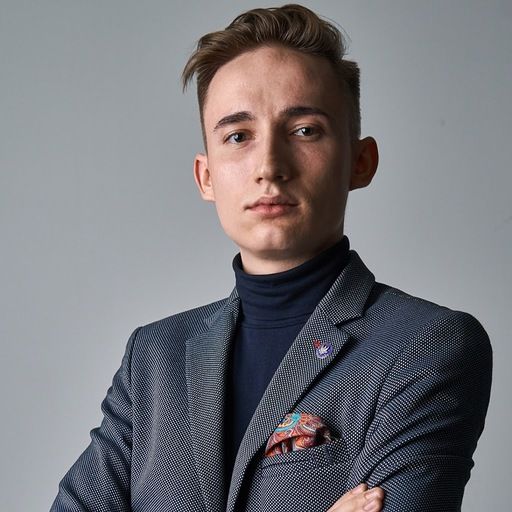ff Venture Capital is an early-stage VC firm connecting the US, European, and Japanese tech ecosystems through its offices in New York and Warsaw, along with strong ties to strategic partners in Japan. Founded by John Frankel, a former Goldman banker with a passion for technology, the firm manages dedicated US and European funds, with over 25 investments in Central Europe focusing on enterprise software, industrial tech, sustainable transformation, and healthcare. This unique combination of local expertise and global reach, particularly through our Japanese corporate relationships, enables portfolio companies to access the world's most sophisticated industrial markets.
Fund strategy overview
Geography: Central Europe
Preferred industries: enterprise software, industrial tech, sustainable transformation, healthcare
Investment ticket: €500k-1M
Company stage: seed-Series A
Product type: software and hardware solutions
Product stage: working product with initial market validation
Revenues: early revenue or strong user traction
Q&A with Masayuki Ohta, Partner at ffVC
What are the 5 main things you look for in a startup?
- Global-first DNA: we back founders who think globally from day one.
- Differentiated technology moat: we seek startups developing solutions that demonstrate a significant improvement over existing alternatives, either in cost, performance or user experience.
- Founder-market fit: the founding team should have unique insights derived from deep domain expertise or firsthand experience with the problem.
- Early signs of product-market fit: while we invest at early stages, we look for early signals of product-market fit, such as strong user engagement metrics, pilot customers, or pre-revenue indicators.
- Market dynamics & timing: beyond market size, we analyze market velocity and timing, with a particular focus on markets undergoing rapid transformation driven by technological or regulatory catalysts.
What disqualifies a startup as your potential investment target?
- Commodity offerings: we avoid startups competing purely on incremental improvements.
- Thesis misalignment: we maintain strong investment discipline around our focus areas (enterprise software, industrial tech, sustainable transformation, healthcare) and geography (Central Europe).
What in your opinion differentiates the best founders from the rest?
They have the guts and drive to deliver meaningful results, consistently overcoming obstacles to achieve their vision.
What startups should take into account before making a deal with a VC fund?
Beyond the typical questions about fund size and investment horizon, assess whether the VC’s portfolio construction strategy aligns with your growth trajectory and whether their network is relevant to your specific needs.
What is your approach to startup valuation and preferable share in the company?
Our ownership approach prioritizes alignment while preserving founder equity for future rounds. We're flexible on valuation when conviction is high, focusing on ensuring sufficient capital for meaningful milestones.
How do you support your portfolio companies?
We have offices in New York and Warsaw and strong relationships with strategic corporates in Japan. Leveraging these connections, we provide actionable support for international expansion, including introductions to potential customers and operational guidance for entering new markets.
What are the best-performing companies in your portfolio?
Bankilo, Nomagic, Port, Solvemed
What are your notable lessons learned from investments that didn’t work out as expected?
We've learned to be more precise about market timing, particularly in deep tech. It’s essential to understand both market readiness and the customer adoption cycle to ensure the technology aligns with the right moment in the market.
What are the hottest markets you currently look at as VC and where do you see the biggest hype?
- Industrial AI addressing real-world challenges in manufacturing, healthcare, and logistics
- Cybersecurity and data infrastructure tools that address European regulations while remaining globally competitive
- Climate tech, including circular economy, carbon technologies, energy management
In your view, what are the key trends that will shape the European VC scene in the coming years?
The current geopolitical environment is driving increased interest in dual-use technologies, particularly in areas like cybersecurity, energy, sensors and imaging, AI and robotics, and aerospace and propulsion systems. Additionally, Europe's regulatory environment, particularly in AI and climate tech, creates unique opportunities for companies that can navigate these requirements while scaling on a global level.







